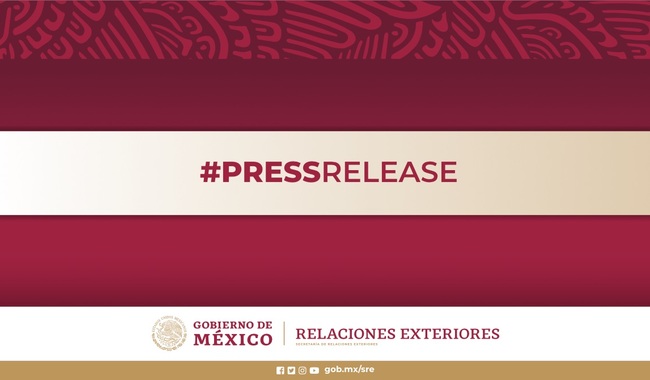- As part of its legal strategy against illicit arms trafficking, Mexico presented oral arguments before the U.S. Court of Appeals for the First Circuit in Boston, Massachusetts.
- During the hearing, Mexico argued that the U.S. law granting immunity to gunmakers and dealers does not apply to damages caused in Mexican territory.
Today, the U.S. Court of Appeals for the First Circuit in Boston, Massachusetts heard Mexico’s oral arguments in its lawsuit against gun manufacturers. As reported earlier, Mexico filed a lawsuit against these companies for their negligent and careless business practices that have resulted in harm to the Mexican people. The Mexican Government seeks to reverse the September 30, 2022 ruling in which the U.S. District Court for the District of Massachusetts dismissed the lawsuit.
At that time, the federal judge hearing the case ruled that the Protection of Lawful Commerce in Arms Act (PLCAA) grants immunity to the defendant companies, even if the damage caused occurs in Mexican territory. However, the judge’s decision states, "While the court has considerable sympathy for the people of Mexico, and none whatsoever for those who traffic guns to Mexican criminal organizations, it is duty-bound to follow the law." The judge also acknowledged that the lawsuit successfully argued that the practices of the defendant companies are an indirect cause of the gun violence in Mexico.
Mexico did not abandon its strategy, but rather appealed the decision of the lower court. In March 2023, Mexico filed an appellate brief arguing that the federal district court erred in defining the focus of the PCAA so broadly and in such absolute terms and thus granting immunity to the gun companies. During today’s oral hearing, Mexico made the following points:
- There is no provision in the PLCAA explicitly stating that it can be applied to damages caused outside U.S. territory, therefore, it does not grant immunity to the companies for damages caused in Mexico;
- Alternatively, even if the PLCAA is again held to be applicable, the actions and omissions committed by the gun companies fall under the exceptions to PLCAA immunity, so the Mexican case should be allowed to continue.
The appeals panel that heard Mexico's arguments was made up of one female and two male judges considered to be liberal and progressive in their outlook. The Mexican Government is confident that its arguments will be well received by the court. Should Mexico win the appeal, the case will return to the lower court to be judged on its merits.
This lawsuit has received support from many actors, such as U.S. state and district attorneys general, victims, activists, academics, civil society organizations and countries. Mexico’s strategy against arms trafficking has also included actions taken in the Inter-American arena, such as its request for an advisory opinion from the Inter-American Court of Human Rights to determine the responsibility of gun companies for human rights violations.
Mexico will continue its efforts and actions to combat the harm caused to the Mexican people by illicit arms trafficking, by taking a variety of approaches.
The documents concerning the litigation are available for consultation at the following link of the Archives of Diplomatic History: https://portales.sre.gob.mx/acervo/repositorio-demanda-boston/431
